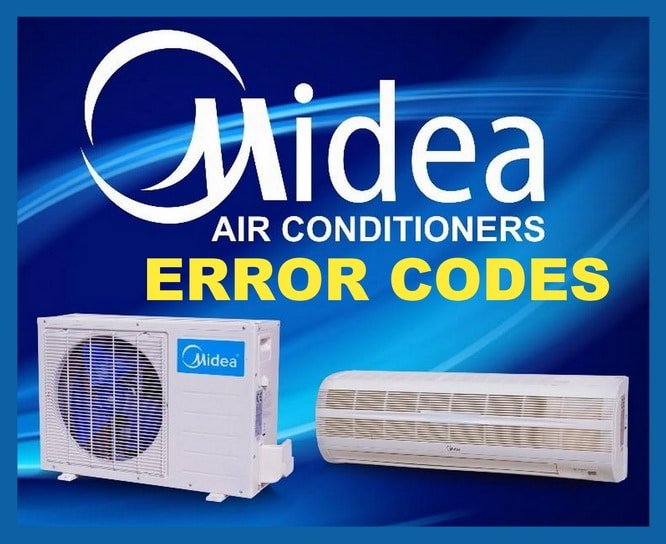
The “Error Code Le” in Midea air conditioners generally indicates a problem with the unit’s refrigerant system. It’s a bit like when your car’s check engine light comes on—it doesn’t necessarily mean immediate danger, but it’s a sign to pay attention and possibly take action soon. In most cases, this error suggests that there might be a leakage in the refrigerant line, a bit like having a small crack in a hose that waters your garden. It’s not catastrophic yet, but it needs attention. Let’s dive a little deeper to understand what causes this error and what you can do about it.
Understanding Error Code Le
When your Midea air conditioner shows an “Error Code Le,” it’s trying to communicate that there’s something off with the refrigerant system. The refrigerant is essentially the lifeblood of your air conditioning unit. Imagine it as the water flowing through pipes in a cooling fountain—without it, everything comes to a halt. If the refrigerant pressure drops due to a leak, the system can’t effectively cool the air. This can lead to inefficient cooling performance or even complete system shutdown over time.
A common cause of this error is a refrigerant leak. These leaks can occur due to wear and tear over time, like the way a garden hose eventually develops kinks and cracks. Sometimes, these leaks are tiny and hard to detect but can significantly affect performance. This is why it’s crucial to address any signs of leaking as soon as possible to prevent further complications.
Aside from leaks, other issues like malfunctioning pressure sensors can also trigger this error. Think of these sensors as the air conditioner’s nerve endings. If they aren’t working correctly, they might send false alerts, similar to when your phone thinks you’re pressing a button you’re not touching. Resolving such issues requires a systematic check by a qualified technician to pinpoint the exact cause and ensure your air conditioner is safe and functional.
Diagnosing the Problem: What You Should Do
Now that we know what could be causing the error, the question is: what should you do about it? First things first, don’t panic. Just like a warning light in your car, the error code is a helpful signal rather than a dire pronouncement. The safest course of action is to turn off the unit to prevent any potential damage and call a professional technician. If you’re not trained in handling refrigerant systems, it’s best to let the experts diagnose and fix the issue.
In some cases, you might be tempted to try a quick fix yourself. While it’s perfectly fine to check for visible signs of damage, such as a damaged hose or unusual noises, deep diving into the system without the right tools or knowledge could cause more harm than good. It’s a bit like trying to fix a watch with a hammer—precision matters.
Once the technician arrives, they’ll likely carry out a detailed examination. They might use specialized tools to detect leaks or assess the performance of sensors. Their aim is to ensure your unit is safe to use and operating at its best. During this process, you’ll gain peace of mind knowing that your air conditioner is in capable hands.
Preventative Measures to Avoid Future Issues
You might be wondering, “How can I prevent this from happening again?” It’s a great question and one that many homeowners ask. Regular maintenance is your best ally in preventing future error codes. Think of it as a health check-up for your air conditioner. Scheduled maintenance can catch small issues before they become big problems, ensuring your unit runs smoothly and efficiently.
During routine maintenance, professionals will typically check refrigerant levels, inspect lines for potential leaks, and ensure all components are working properly. This proactive approach can save you from unexpected breakdowns and extend the lifespan of your air conditioning unit.
Additionally, keeping your air filter clean can also enhance your air conditioner’s efficiency and longevity. A clean filter ensures good airflow and reduces the strain on your unit, much like how a clear straw lets you enjoy a drink without extra effort. By following these simple steps, you can enjoy the cool comfort of your Midea air conditioner without the worry of unexpected error codes.
In summary, while encountering an error code might initially seem daunting, being informed and taking the right steps can make all the difference. With regular maintenance and a little professional help, your Midea air conditioner can continue to deliver the cooling comfort you rely on so much.